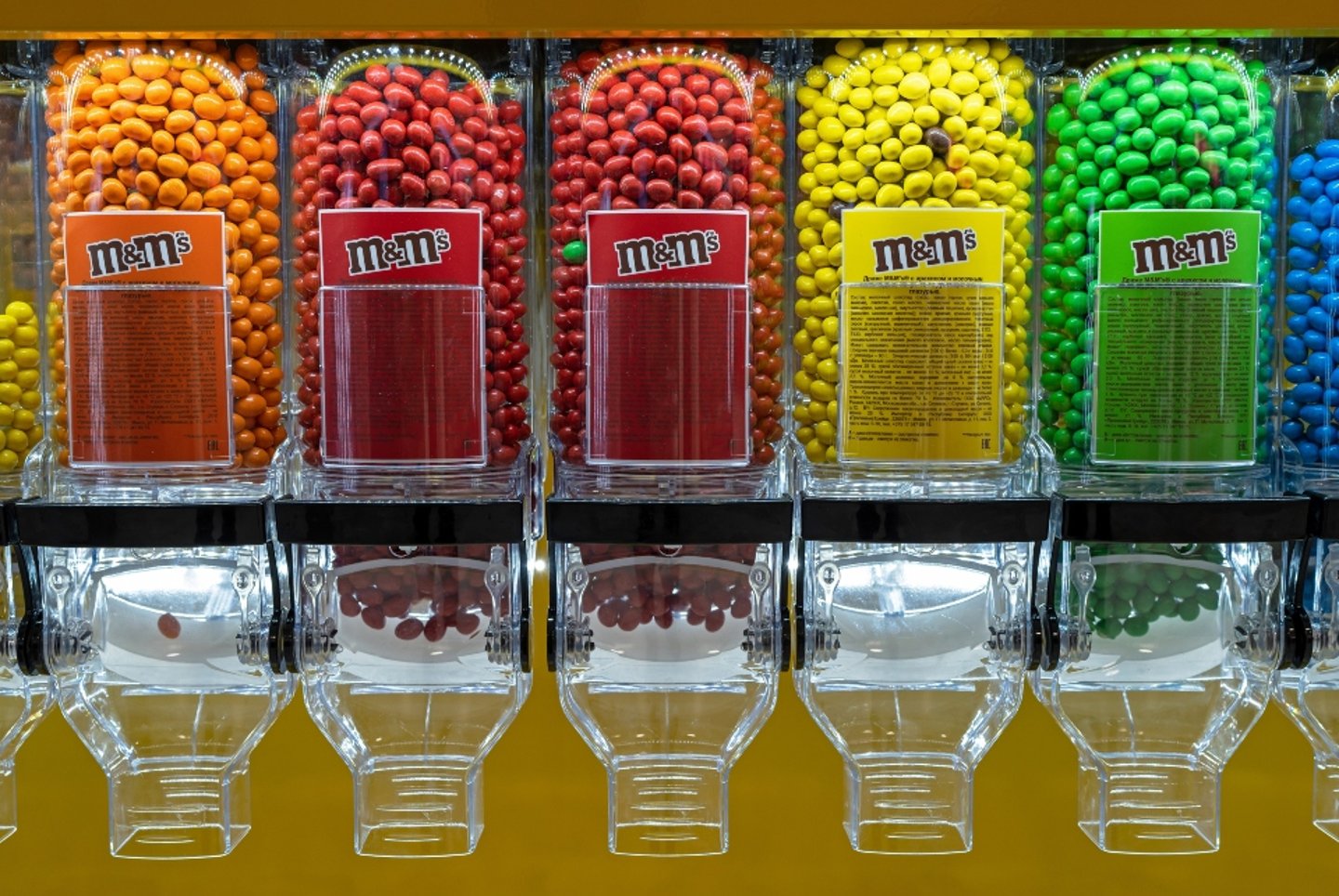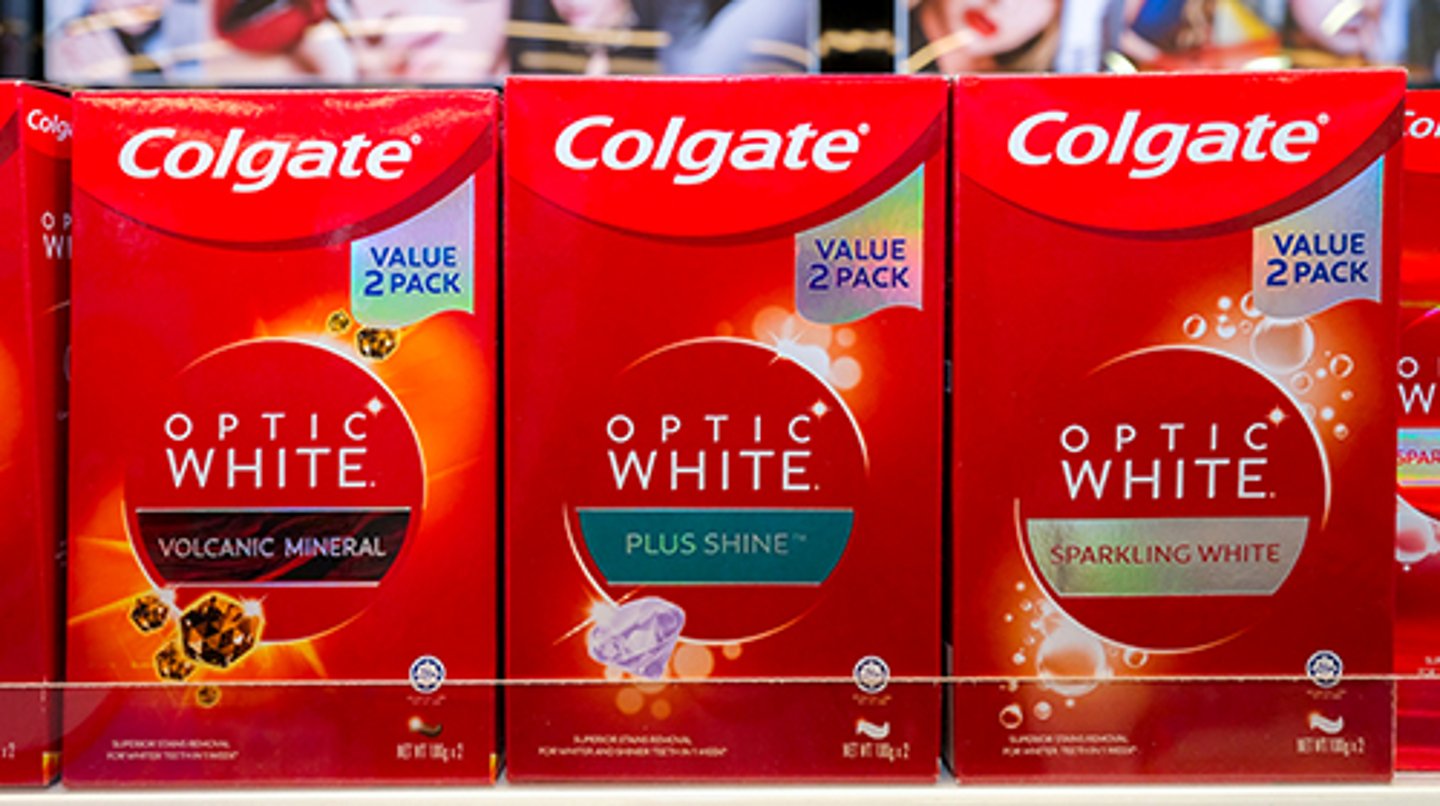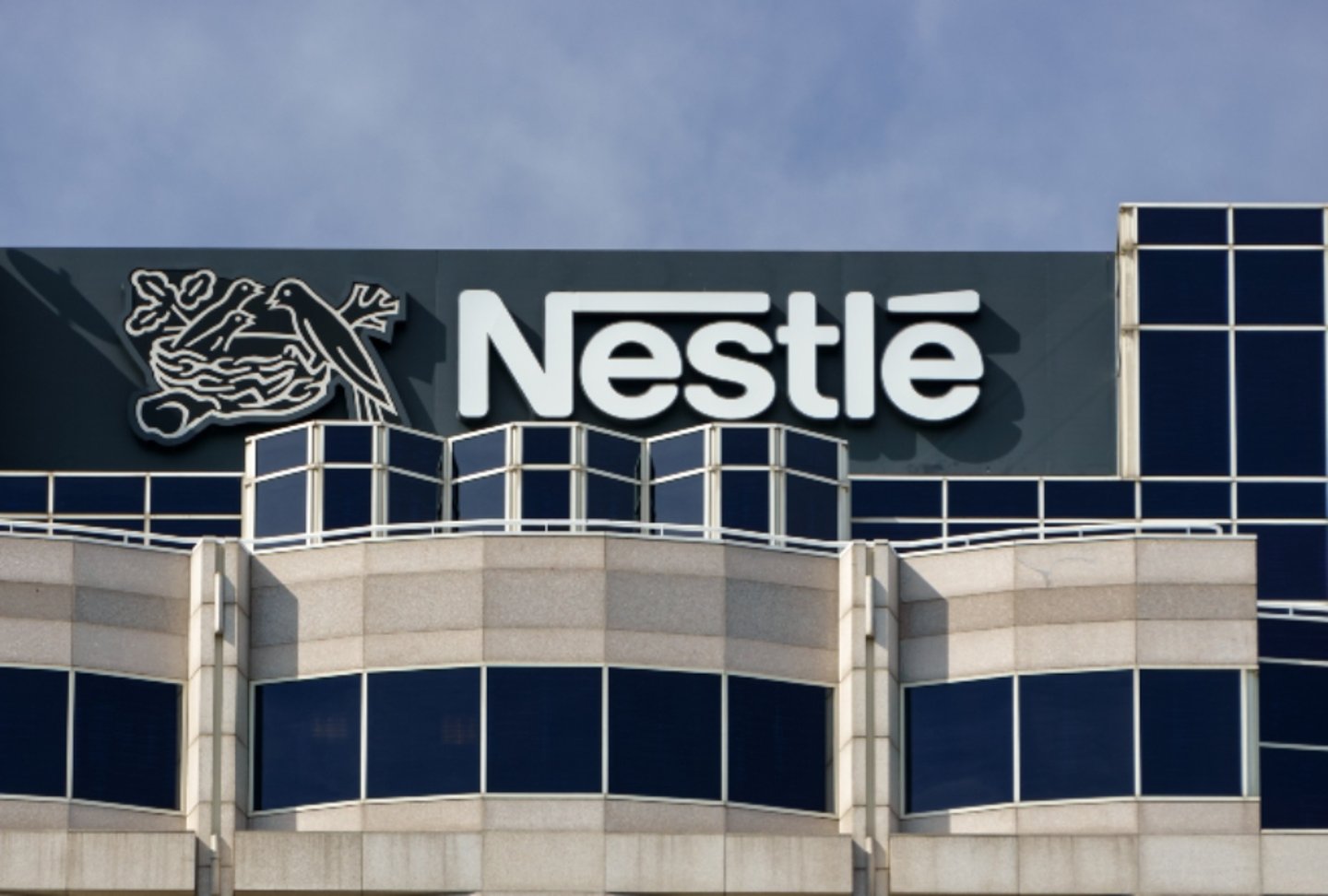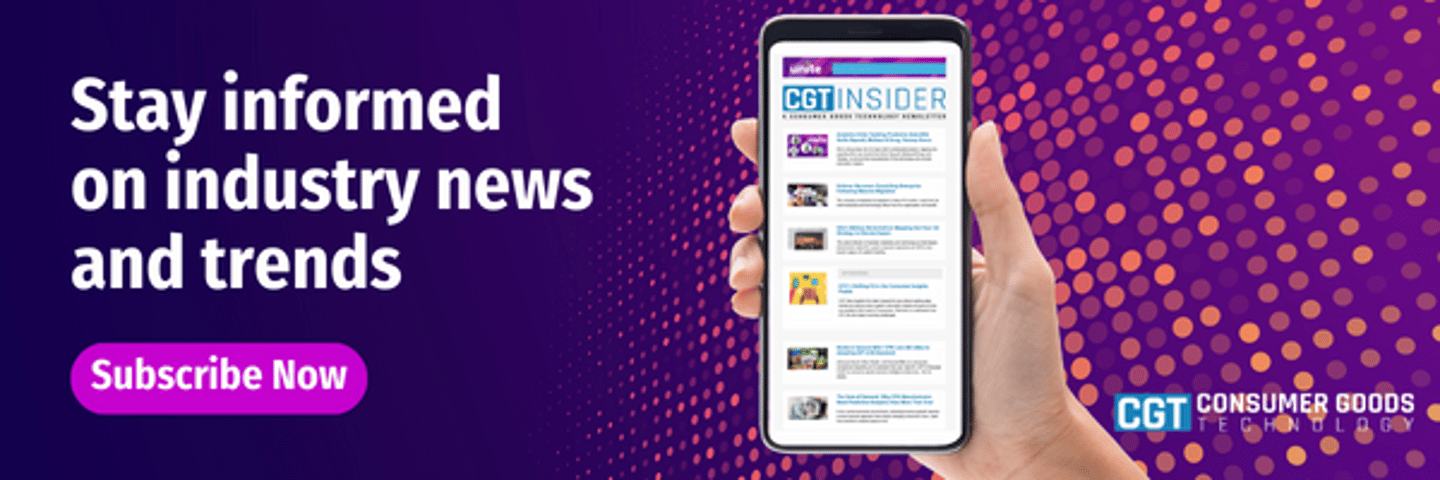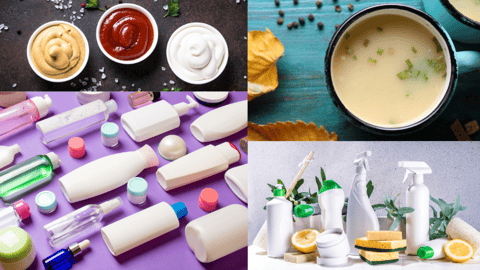How Mars, Colgate-Palmolive, Nestle & Coca-Cola are Exploring Generative AI
Generative AI has been the term on everyone’s lips this year, and CPGs are not immune. The expansion of intelligence capabilities – including technologies like ChatGPT – is not only redefining operational processes, but also opening doors to unexpected applications that can amplify efficiency and consumer appeal.
Generative AI will likely be used to replace, recalibrate, and redefine some activities and tasks across functions, notes Gartner, with many jobs redesigned as others are created. Many organizations, including consumer goods companies, view generative AI as an opportunity to drive greater efficiencies, grow market share and revenue, and gain a competitive edge; while it is still early days, exploration and curiosity reign supreme.
At the same time, questions continue to swirl about how to use generative AI most effectively — and ethically — and how industry leaders can strike the right balance between swiftly seizing exciting opportunities and avoiding potential missteps.
We took a look at some of the diverse ways the world’s biggest CPGs are harnessing generative AI to stay ahead in a competitive market.
Looking to learn more about AI in Action? Join us at the Consumer Goods Sales & Marketing Summit to hear from Kalindi Mehta, VP, consumer foresight and predictive analytics of The Estee Lauder Companies, about how they're leveraging generative AI to ensure innovation is a point of competitive advantage.
Mars
The manufacturing and pet care giant is exploring the use of generative AI in a number of ways — some of them a little unconventional.
“Artificial intelligence has enormous potential to help companies become more efficient and productive and to work at unprecedented scales and speed,’’ a company spokesperson told CGT. “For Mars, AI is already helping us predict whether cats and dogs could develop chronic kidney disease; speeding up the sequencing of pet genomes to provide individualized nutrition and care; and unlocking efficiencies in our manufacturing operations through digital twin technology."
At the same time, the company acknowledges, if these technologies are not used responsibly, AI — particularly generative AI — poses “significant legal, ethical, and business risks.”
“Using generative AI responsibly is nonnegotiable for Mars,” the spokesperson explained. “We must use it in a way that is fair, inclusive, and sustainable, and it also must protect the privacy and security of our people, our consumers, and our partners.”
To mitigate these risks, the company said it has established an enterprise working team to create a strong framework of policies and governance around the use of generative AI, and is also working with technology partners and NGOs like Microsoft and the Responsible AI Institute.
It's a stance that many thought leaders and experts in the industry recommend taking. Speaking at the most recent League of Leaders gathering at the SAS campus in Cary, North Carolina, SAS’ VP of data ethics, Reggie Townsend outlined how to create a research-backed ethical and responsible AI blueprint:
“At the very top, before you start writing a line of code, [you have] to activate a trustworthy AI environment,” Townsend explained. “You've got to start with this some measure of oversight. You’ve got to think about what your operation is going to look like. You've got to make sure you've got adequate performance and risk mitigation in place and you've got to work on building a culture that is ethical by design.”
Colgate-Palmolive
The most common use cases of generative AI include as a research and content-creation tool, making it a powerful learning option.
Colgate-Palmolive is taking this idea and running with it: “We’re actively exploring focused opportunities to harness the power of generative AI at Colgate-Palmolive," CIO David Foster tells CGT. "We’ve used it to create effective e-learning content for our people. Our teams are also leveraging generative AI to create more impactful marketing content — at a much faster rate.”
- See Also: The Future of AI in the Supply Chain
Within its R&D function, the company is also exploring the use of generative AI to accelerate the process of creating and refining new product formulations.
“With those and other early wins, we see the potential that ethical and responsible use of Generative AI presents to support our people, drive business growth, and advance our purpose as a caring, innovative growth company that is reimagining a healthier future for all,” Foster says.
Nestle
Product innovation is a key area of focus for AI-minded CPGs.
Nestlé and other CPGs, including Campbell’s, Mars, Givaudan, and PepsiCo, are reportedly using a generative AI platform called Tastewise, which helps CPGs validate new product ideas and generate market research reports.
The platform uses a proprietary AI and a dataset on food consumption to provide insights into best-selling restaurant items, a home cooking panel, and billions of real-life moments of consumption. With generative AI tools, “an industry that was once slow-growing is now exponential, with a flood of new product innovation, marketing campaigns, recipes, and more,” according to Food Industry Executive.
While not specifically calling out generative AI, Nestle CTO Stefan Palzer said in a recent blog post that AI is helping the company “analyze information on trends, ingredients, flavors, and health benefits from social media, online publications, and other web sources.”
Captured insights are clustered, “which leads us to discover new ideas or trends that can be quickly translated into compelling product innovations,’’ Palzer wrote. “For example, using these tools, we launched Nescafé Dalgona coffee mixes and Nesvita plant probiotic supplements for adults in China.”
Coca-Cola
Coca-Cola was one of the earliest partners to sign on to use OpenAI’s generative AI technology for marketing and consumer experiences, and continues to experiment with these tools now.
To test, learn, and scale ideas using AI, Coca-Cola conducted a pilot using a platform that combines “the capabilities of GPT-4, which produces human-like text from search engine queries,” in tandem with DALL-E, which produces images based on text. The platform was designed to let digital creatives generate original artwork using assets from Coke’s archives.
In March, users in the U.S., Australia, and select countries in Europe were given the ability to download dozens of branded elements during Coke’s “Create Real Magic” contest and submit their work for the opportunity to be featured on the company’s digital billboards in New York’s Time Square and London’s Piccadilly Circus. The platform was built for Coke by OpenAI and Bain & Co.
The contest was the first initiative Coke launched as part of a new global services alliance with Bain and OpenAI.
“We’re excited to unleash the next generation of creativity offered by this rapidly emerging technology,” James Quincey, chairman and CEO of The Coca-Cola Company, said in a statement. “We see opportunities to enhance our marketing through cutting-edge AI, along with exploring ways to improve our business operations and capabilities.”
The company is still in the early days of assessing the potential impact of generative AI, he said, and plans to utilize OpenAI’s technology in the areas of marketing, internal knowledge management and workflows, customer service and ordering, and point-of-sale material creation in collaboration with Coca-Cola bottlers.


